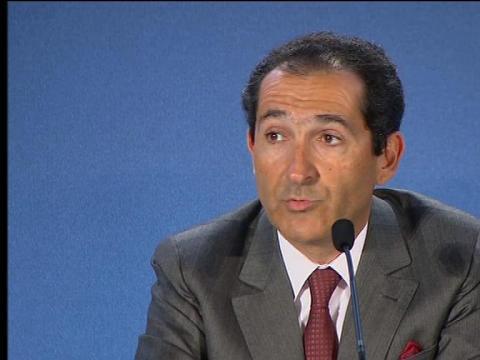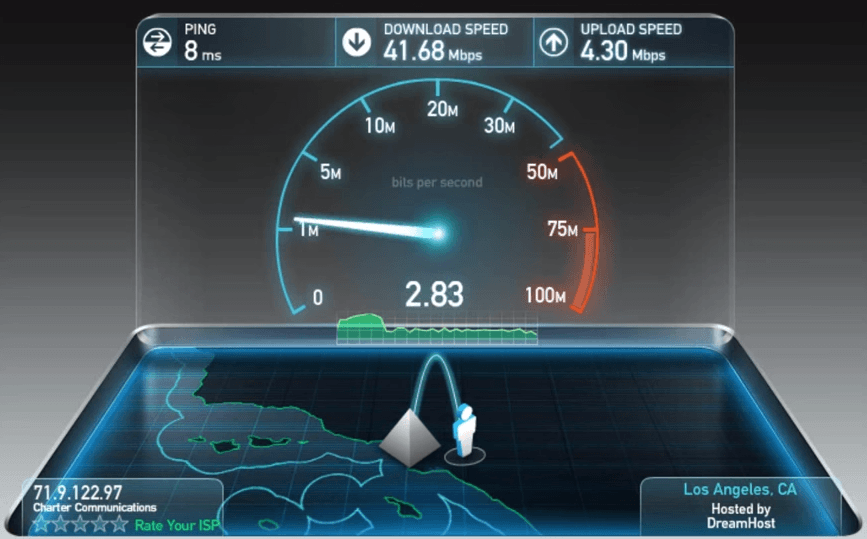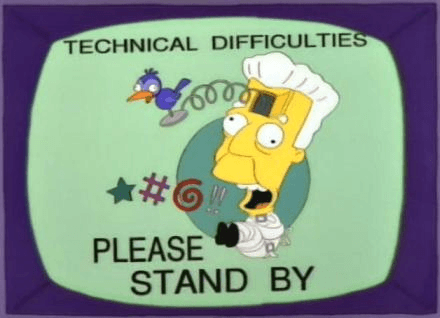
Malone
The Economist reports Charter Communications’ acquisition of Time Warner Cable and Bright House Networks has been structured so that “it should pay no tax for several years, at least.”
The merger deal, which intimately involves John Malone, the boss of Liberty Media — a cable and media conglomerate, has all the hallmarks of a classic Malone-inspired deal: complex ownership structures, high debt levels, assiduous tax planning and a refusal to overpay.
Unlike many other dealmakers, Malone seems to want to avoid the spotlight. His firm Liberty Media is Charter’s biggest single investor and will kick in at least $5 billion in Charter stock purchases to help consummate the transaction, which will be handled primarily by Charter’s management.
The deal comes at Malone’s insistence the American cable landscape must be consolidated into just 2-3 large companies. For now, he is content standing aside while the public faces of the merger are Charter’s CEO Thomas Rutledge and Time Warner Cable’s Rob Marcus. (Bright House Networks is also a part of the transaction but has been completely overshadowed by its larger deal partners.)
While coverage of the transaction has been relegated to the Business section of newspapers and has evoked shrugs from American reporters, The Economist calls it nothing short of an extraordinary landmark.
 “The boss of Liberty, a cable and media conglomerate, he has struck more deals than perhaps any other tycoon in the world—buying and selling hundreds of firms worth over $100 billion since the 1970s, often negotiating on his own, using calculations that fit on a napkin,” said the publication. “Unusually for an empire-builder he has made his investors a ton of money, and has little interest in the public eye.”
“The boss of Liberty, a cable and media conglomerate, he has struck more deals than perhaps any other tycoon in the world—buying and selling hundreds of firms worth over $100 billion since the 1970s, often negotiating on his own, using calculations that fit on a napkin,” said the publication. “Unusually for an empire-builder he has made his investors a ton of money, and has little interest in the public eye.”
While Malone is hardly a household name, he could soon be at the center of the sixth largest corporate takeover in U.S. history and make him the world’s unparalleled media baron, controlling an empire three times the size of Rupert Murdoch’s media ventures. While Comcast will remain America’s largest single cable operator, Malone’s Liberty Media will dwarf Comcast globally with more than 75 million cable customers around the world.
 Malone does not share the concerns of some Time Warner Cable and Charter investors that the merger will generate a “staggering” $66 billion in debt from day one, initially loaned from Wall Street investment banks. The Economist notes Malone seems to be violating his own rule to never overpay in a deal. In the British financial press, Charter’s deal for Time Warner Cable and Bright House does not pass Malone’s own smell test.
Malone does not share the concerns of some Time Warner Cable and Charter investors that the merger will generate a “staggering” $66 billion in debt from day one, initially loaned from Wall Street investment banks. The Economist notes Malone seems to be violating his own rule to never overpay in a deal. In the British financial press, Charter’s deal for Time Warner Cable and Bright House does not pass Malone’s own smell test.
“At 9.1 times gross operating profits he is paying at least a fifth more for TWC than he typically does,” says the newspaper. “He is offering 23% more for it than Comcast did in its bid last year, which was scuppered by antitrust regulators. Based on last year’s cash-flow figures the deal will make a pitiful 5.6% return on capital, assuming no tax is paid. Like most cable firms TWC has a stagnant top line, with growing broadband sales being offset by declining TV and telephony revenues. So fast growth will not bail out Mr Malone.”
So where does The Economist believe John Malone will make his killing? From captive customers and suppliers, of course.
“The most obvious explanation is that Mr. Malone thinks the world has not changed much since the 1990s and that the cable industry remains a collection of local monopolies from which ever more juicy profits can be squeezed,” says The Economist. “America’s cable firms have poor service and high prices: the average Charter customer pays at least 50% more per month than one of Mr Malone’s customers in Britain or the Netherlands. In Europe cable firms face tough competition in broadband from telecoms operators; in America the telecoms firms have rolled out fixed-line broadband to perhaps just half of homes or fewer.”
The Economist suspects Malone’s new cable empire will follow Europe and be less dependent on flogging costly bundles of unwanted television channels to reluctant punters. Instead, it’s all about broadband and the platform it represents to obtain a range of video services that replace traditional cable television. But Malone’s future vision almost certainly includes a wireless mobile component, which means Americans should not be surprised to see the tycoon attempt to acquire a large mobile company, even one as large as AT&T, on which he can sell video and other telecom services. That is precisely what he is doing today in Europe.


 Subscribe
Subscribe After serving just two years as the chief financial officer of Time Warner Cable, Arthur Minson today left the cable company to become president and chief operating officer of WeWork, a shared office space provider.
After serving just two years as the chief financial officer of Time Warner Cable, Arthur Minson today left the cable company to become president and chief operating officer of WeWork, a shared office space provider.
 If you were wondering what motivated Time Warner Cable CEO Robert Marcus to move so quickly from a failed merger with Comcast to a new deal with Charter Communications, follow the money.
If you were wondering what motivated Time Warner Cable CEO Robert Marcus to move so quickly from a failed merger with Comcast to a new deal with Charter Communications, follow the money. “I thought I was watching Comedy Central,” said Ralph Wilson, a longtime Charter customer in suburban Los Angeles. He was actually watching a Bloomberg News interview with the CEO of Charter Communications regarding yesterday’s formal merger announcement. “What cable company was Thomas Rutledge talking about when he said Charter would bring better service to Time Warner and Bright House? Charter blows.”
“I thought I was watching Comedy Central,” said Ralph Wilson, a longtime Charter customer in suburban Los Angeles. He was actually watching a Bloomberg News interview with the CEO of Charter Communications regarding yesterday’s formal merger announcement. “What cable company was Thomas Rutledge talking about when he said Charter would bring better service to Time Warner and Bright House? Charter blows.”
 Turner has seen three cable companies come and go in her part of Montana since April 2002. Comcast sold many of its cable systems in the sparsely populated states of the Rockies to Bresnan Communications that year. Cablevision acquired Bresnan in 2010 and rebranded her cable system Optimum West. Just three years later, Cablevision sold all of its interests outside of the northeastern U.S. to Charter Communications, which runs things today.
Turner has seen three cable companies come and go in her part of Montana since April 2002. Comcast sold many of its cable systems in the sparsely populated states of the Rockies to Bresnan Communications that year. Cablevision acquired Bresnan in 2010 and rebranded her cable system Optimum West. Just three years later, Cablevision sold all of its interests outside of the northeastern U.S. to Charter Communications, which runs things today.